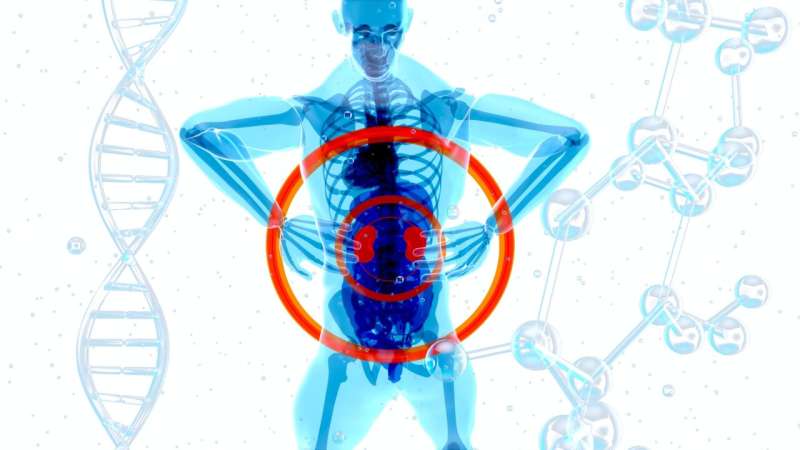New Brain Cells Identified as 'Meal Memory' Neurons May Unlock Understanding of Overeating

A groundbreaking study identifies 'meal engrams'—specialized neurons in the hippocampus that encode meal memories—offering new insights into overeating and potential obesity treatments.
Scientists have uncovered a specialized group of neurons in the brain responsible for creating vivid memories of meals, including details about what food was eaten and precisely when it was consumed. The study, published in Nature Communications, offers insights into why individuals with memory impairments, such as those with dementia or brain injuries, tend to eat multiple meals in rapid succession, lacking recall of recent consumption. This research also sheds light on how distracted eating—like watching TV or scrolling on a smartphone—can impair meal memory formation and promote overeating.
During eating, neurons in the ventral hippocampus become active and establish what the researchers term "meal engrams"—memory traces that capture the experience of food intake. While engrams have been studied extensively in relation to different types of memories, this is the first study to identify their role in storing meal-specific information. Dr. Scott Kanoski, a professor at USC, explained that these engrams serve as biological databases, storing details such as where and when a meal occurred.
The formation of meal engrams appears to be linked to brief pauses during eating when the brain samples its environment. These moments of awareness enable hippocampal neurons to assimilate multiple streams of information. When attention is diverted, these critical encoding moments are compromised, resulting in weaker or incomplete meal memories, which could lead to overeating.
Using advanced neuroscience techniques, the researchers observed real-time brain activity in rats as they ate. They discovered that neurons specialized in encoding meal memories are distinct from those involved with other memory types. When these neurons were selectively destroyed, rats showed impaired food location memory, yet their spatial memory remained intact, suggesting a dedicated system for meal-related information. Moreover, the neurons communicate with the lateral hypothalamus—a brain area critical for hunger regulation. Blocking this connection was shown to cause overeating and an inability to remember recent meals.
These findings have potential implications for developing new approaches to treat obesity and improve weight management. Emphasizing the importance of memory in eating behavior, the study suggests that strategies aimed at strengthening meal memory formation could promote healthier eating habits.
For more detailed information, refer to the original study by Léa Décarie-Spain et al. in Nature Communications. Source: https://medicalxpress.com/news/2025-06-discovery-meal-memory-neurons-excessive.html
Stay Updated with Mia's Feed
Get the latest health & wellness insights delivered straight to your inbox.
Related Articles
Indonesia Industrial Site Contamination May Be Causing Radioactive Shrimp Recalls
Radioactive contamination at an Indonesian industrial site may be linked to recent shrimp recalls in the U.S., raising food safety and health concerns due to Cesium-137 detection.
Innovative Technique May Boost Infant Heart Transplants by 20%
Duke Health's new on-table heart reanimation technique has the potential to increase pediatric heart transplants by up to 20%, providing new hope for children in need of life-saving procedures.
Final Results Confirm Effectiveness of Two-Drug Therapy for Advanced Kidney Cancer
A comprehensive five-year clinical trial confirms the long-term effectiveness of the pembrolizumab plus axitinib combination in treating advanced kidney cancer, offering new hope for improved survival outcomes.
How Mild Exercise Affects Eye Blink Frequency and Executive Function in Young Adults
Research unveils links between mild exercise, spontaneous blinking, and cognitive enhancement, pointing to new personalized strategies for brain health.



